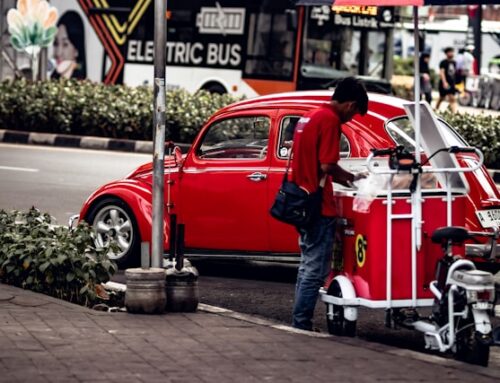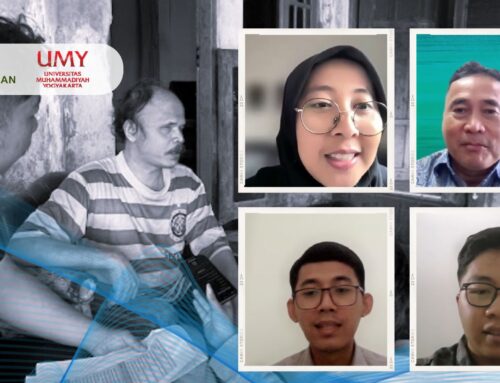Indonesia is one of the largest contributors to early marriage in the world. Early marriage becomes a serious problem in several areas in Indonesia, especially in Mataram City as a capital city of West Nusa Tenggara Province. The central government has responded to this issue by launching the conditional cash transfer (CCT) program named Family Hope Program (Program Keluarga Harapan). This program disburses a certain amount of cash to poor families to achieve predetermined human capital. Through better access to basic education facilities, it is expected that this program could change the aspirations of recipients toward schooling with indirect effect in early marriage prevention.
This study aims to understand whether the implementation of hold the potential for influencing perceptions of the beneficiary families about children’s education and early marriage. Different from existing literature in CCT and early marriage which uses quantitative analysis, this study employs qualitative approach to construe the views and perceptions of the program participants. Use of the qualitative approach offers a different viewpoint and supplements the existing literature in this area.
Speakers: Romi Bhakti Hartarto (Universitas Muhammadiyah Yogyakarta) Wahyu Triwibowo (Universitas Muhammadiyah Yogyakarta)
Discussant: Ekki Syamsulhakim (The World Bank) and Amelia Hayati (Center for Economics and Development Studies/CEDS, Universitas Padjadjaran)
Thursday, 18 August 2022 at 10.00-11.30 WIB
Slides and video for past seminars:




